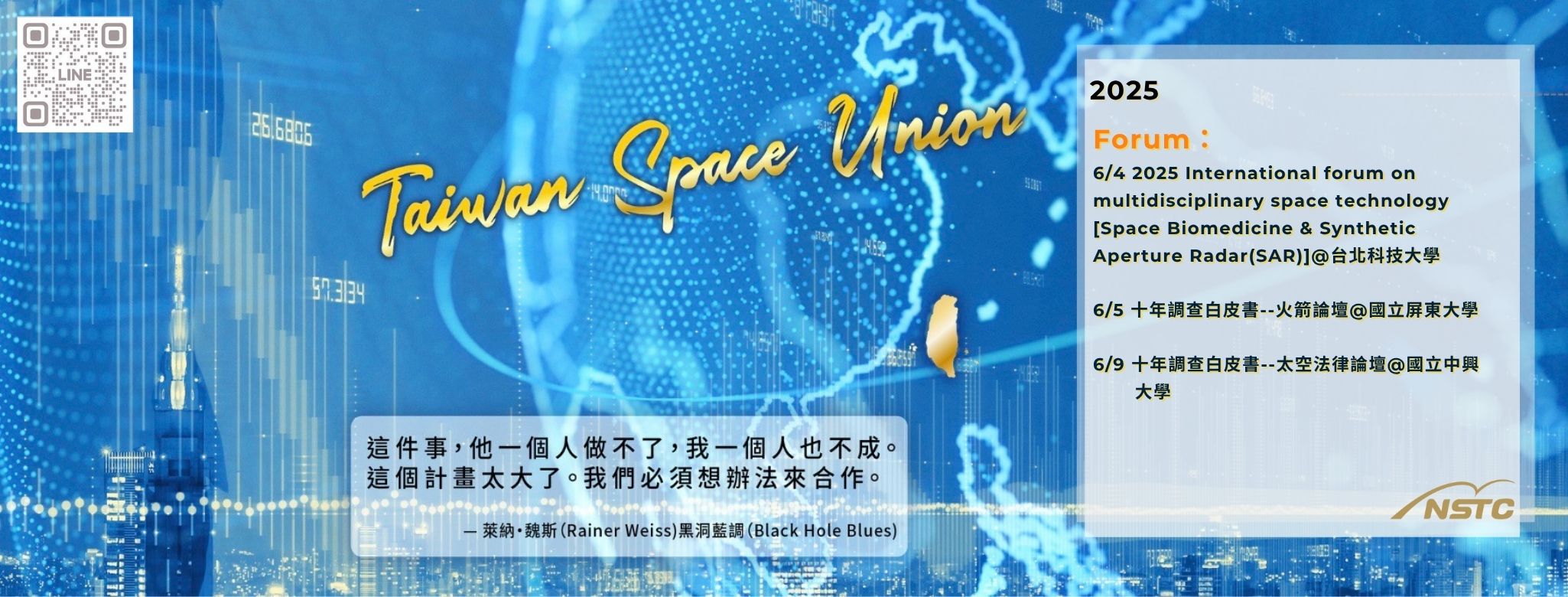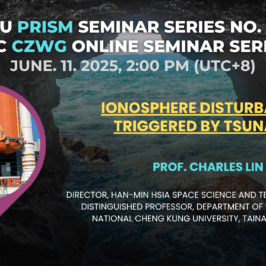Shian-Ying Sung, *
Chung Shan Medical University
*ssung@csmu.edu.tw
摘要 (abstract)
Background: Traditional 2D cell culture systems do not fully mimic the complex microenvironment of human organs. Organoids, three-dimensional cellular structures derived from various tissue sources, offer unprecedented potential to mimic organ functionality. NASA’s pioneering development of organoids in microgravity has opened up new possibilities by eliminating the growth limitations imposed by conventional culture methods.
Objective: This study examines the advantages of rotating cell culture systems (RCCS) in organoid development, focusing on applications in regenerative medicine and infectious disease modeling under microgravity conditions.
Methods: We used RCCS bioreactors to cultivate organoids derived from various tissues, including neural, lung, and cancer cells. Key advances were made by co-culturing different cell types, such as prostate cancer epithelial cells with bone fibroblasts, and evaluating cellular differentiation, interaction, and functionality under microgravity conditions.
Results:
1. Enhanced cellular differentiation: RCCS promoted neuronal and astrocytic differentiation, demonstrating long-term stability and synaptic maturity.
2. Lung organoid applications: A549 non-small cell lung cancer organoids exhibited structural integrity and functional markers, providing a robust platform for studying RSV-associated infections.
3. Prostate cancer co-culture: Observations revealed significant cross-talk between prostate cancer cells and bone fibroblasts, providing insight into stromal signaling pathways in the metastatic environment.
4. Broader applications: RCCS-supported organoid cultures demonstrated potential in tissue regeneration, drug testing, and reducing reliance on animal models.
Conclusion: The RCCS system has proven to be a transformative tool for organoid culture, providing a scalable, biologically relevant platform for multiple applications. While challenges such as vascularization remain, the integration of microgravity systems marks a critical step toward the realization of regenerative organ engineering and advanced disease models. Future collaborations with space-based programs will advance this frontier of biomedical innovation.
Keywords: Organoids, RCCS bioreactor, microgravity, regenerative medicine, infectious disease modeling, co-culture systems


